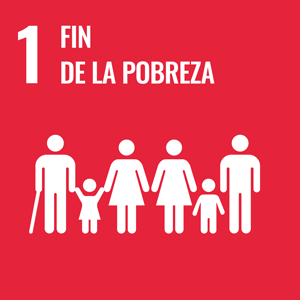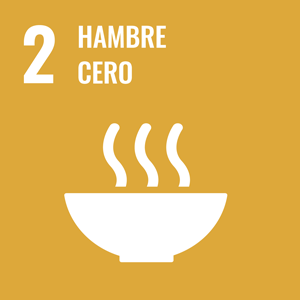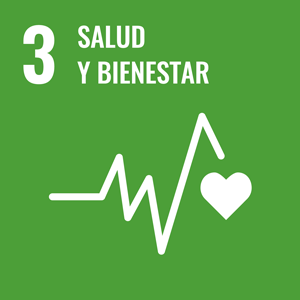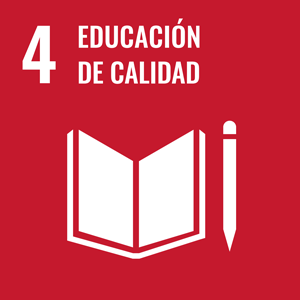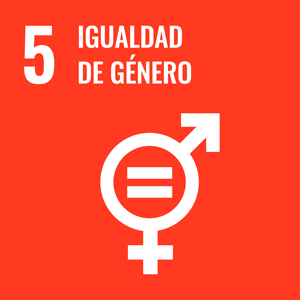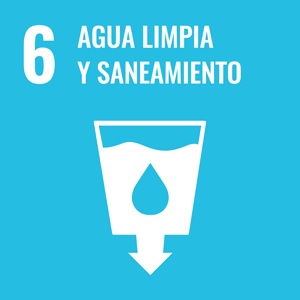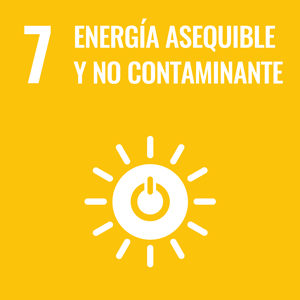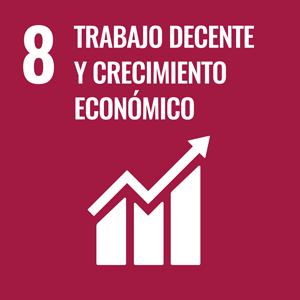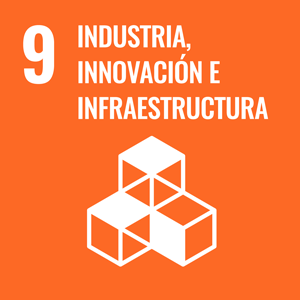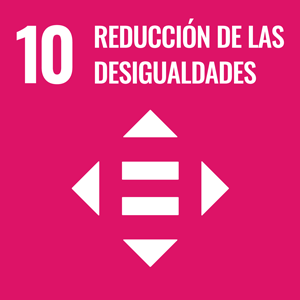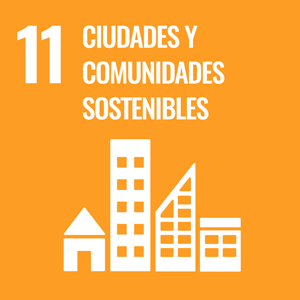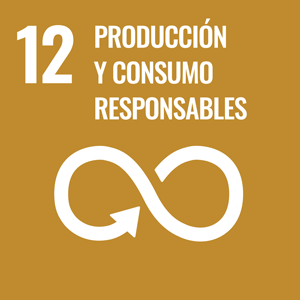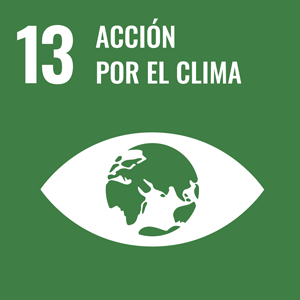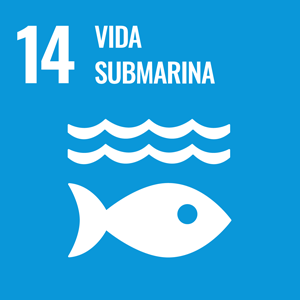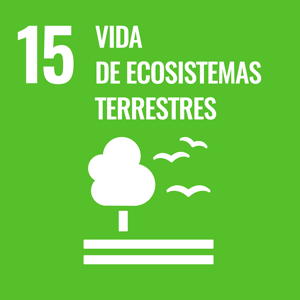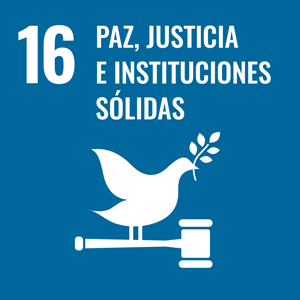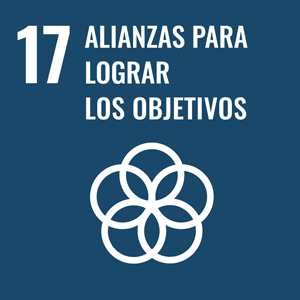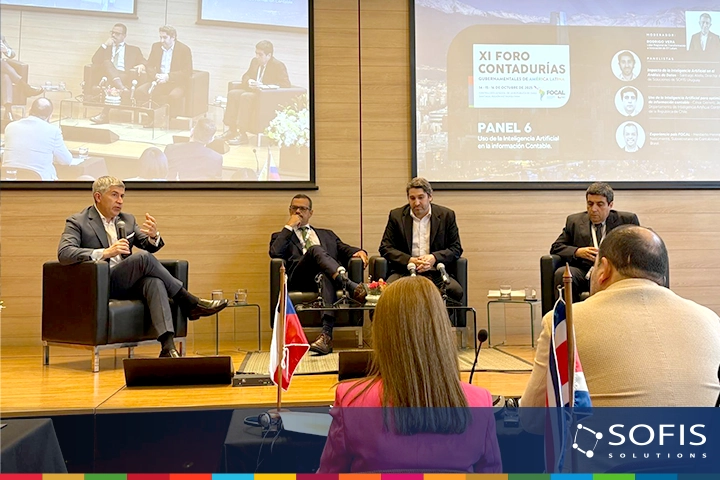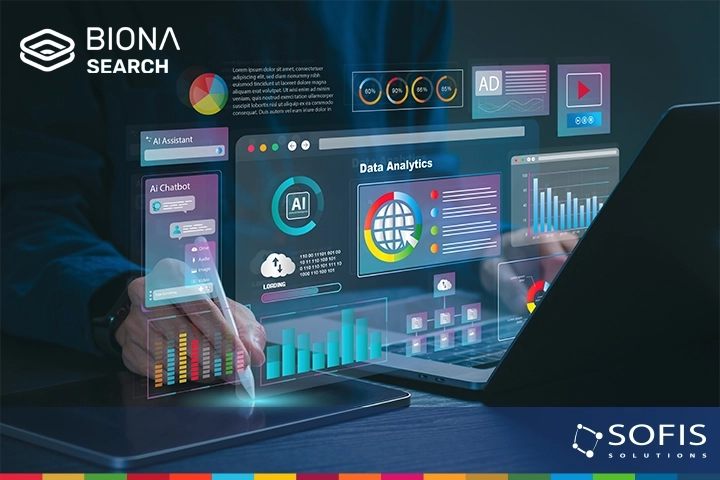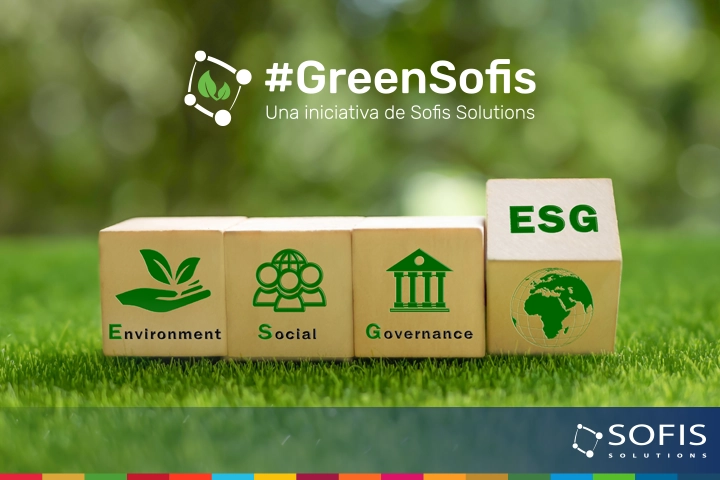-
Who we are
-
-
StrategyMission
To solve the challenges of organizations and communities through intelligent, secure, sustainable, and people-centered solutions, so they generate real value in their social and productive contexts.
VisionTo be the chosen company by organizations seeking to innovate with quality, purpose, and trust in the intelligent era.
Learn moreValues- Ethics and transparency
- Professionalism
- Respect
- Honesty
- Innovation
- Responsibility
- Effectiveness
- Integrity
- Customer orientation
- Punctuality
-
-
-
History
Sofis Solutions was born in 2005, in the city of Montevideo - Uruguay.
Since its inception, the main driver was and remains quality. This applies to processes, products, and relationships with the environment.The internationalization of the company It was one of the founding objectives. In the first stage, it expanded from Uruguay, and in the second stage, it opened offices in Latin American countries. Currently, it has offices in Montevideo, Panama, El Salvador and Ecuador.
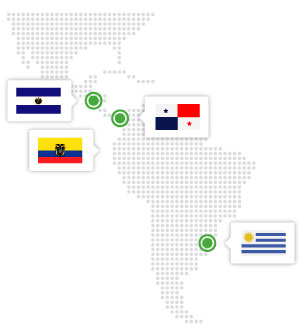
-
-
-
Alliances

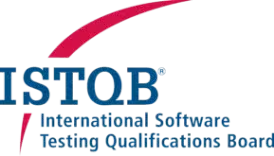

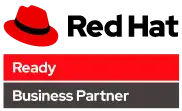

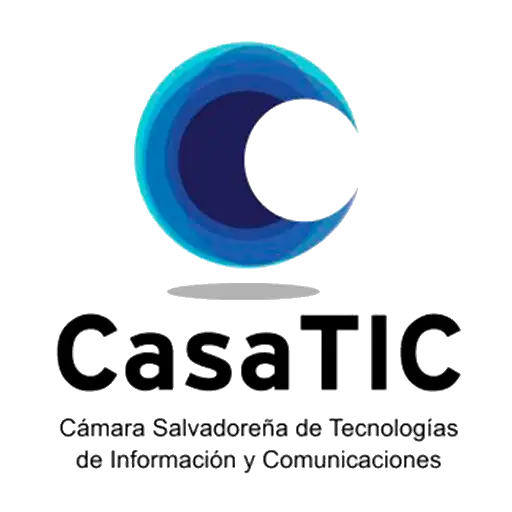
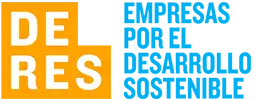

-
-
-
Certifications

CMMI-DEV-3
More informationNational Quality Award - 2023 Edition
More informationISO 9001:2015
Quality Management SystemISO 37001:2016
Anti-Bribery Management SystemISO 14001:2015
Environmental Management System
-
-
-
SustainabilityLearn more
Sofis Solutions integrates environmental, social, and governance (ESG) principles into its management and operations, driving sustainability through Digital Transformation. Its strategic approach prioritizes energy efficiency, digital inclusion, and transparency in digital governance, contributing to the responsible development of organizations.
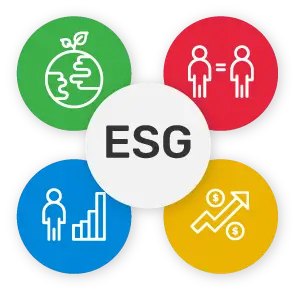
-
-
-
What we do
-
-
IT projectsLearn moreAt our Software Factory, we specialize in providing software development solutions with a focus on excellence and sustainability.
-
-
-
Software qualityOur software quality services comprehensively address the aspects or dimensions of software quality, addressing this approach throughout the entire software development cycle.
- Manual and automated functional suitability testing
- Performance testing
- Software product quality
- Software quality consulting
Learn more
-
-
-
Staff AugmentationLearn moreWhat is IT Staff Augmentation? IT Staff Augmentation is a specialized technical staffing model that enables organizations to increase their agility and respond to the changing technological needs of the market.
-
-
-
ConsultancyIn the public sector, strategic decisions and projects with citizen-centered designs and excellence have the power to transform entire communities.Learn more
-
-
-
BIonA SuiteBIonA Suite is a comprehensive platform for the intelligent management of processes and services in public and private organizations. BIonA Suite facilitates smart transformation with a focus on public value and user experience. Learn more
-
-
-
Projects
-
-
Recent projects
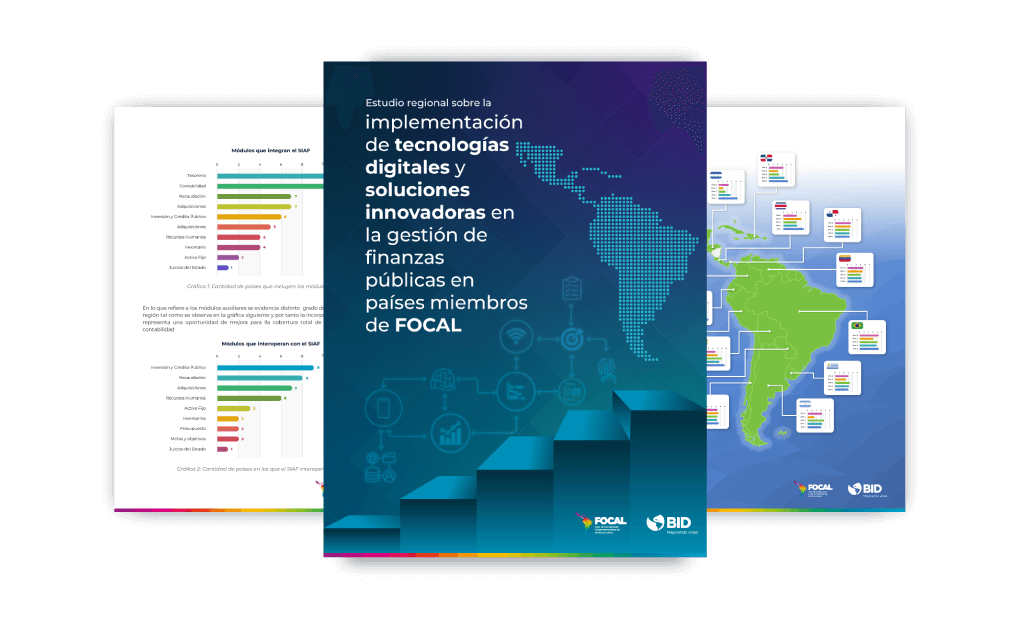 FOCAL Regional StudyFOCAL - El Salvador
FOCAL Regional StudyFOCAL - El Salvador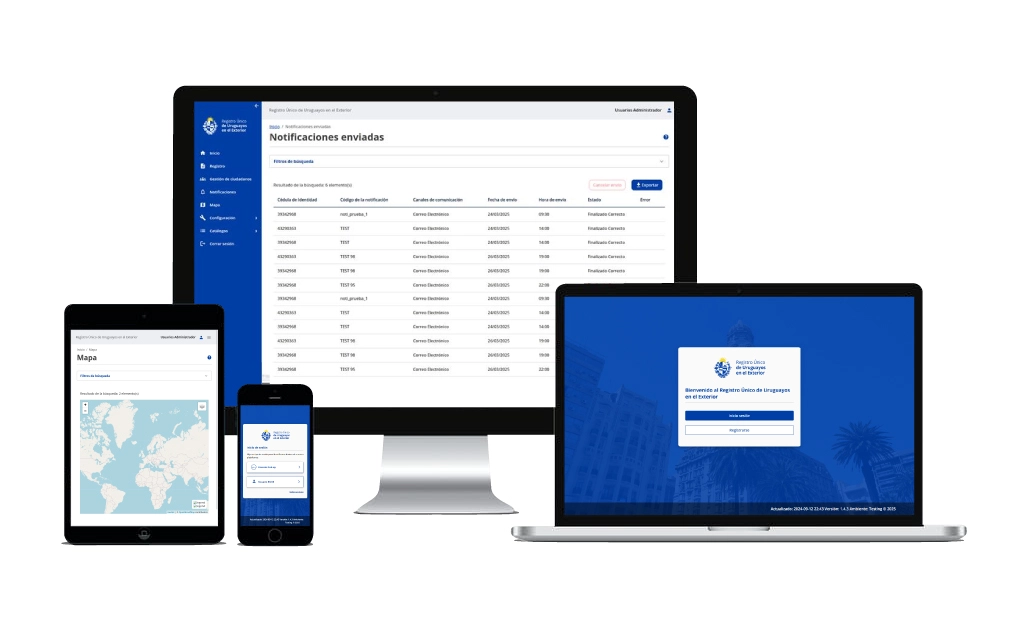 Single Registry of Uruguayans AbroadMinistry of Foreign Affairs - Uruguay
Single Registry of Uruguayans AbroadMinistry of Foreign Affairs - Uruguay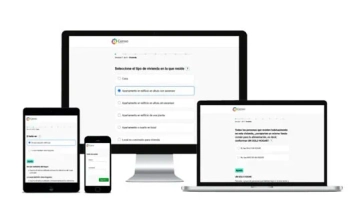 Population and Housing Census 2023National Institute of Statistics - Uruguay
Population and Housing Census 2023National Institute of Statistics - Uruguay
-
-
-
Digital Public InfrastructureWhat are Digital Public Platforms?ProjectsProducts
-
-
-
-
Mobile applicationsWe create hybrid, native, and PWA solutions for devices with Android and iOS operating systems.
Some of our projects:Digital Patrols, Ecuadorian Bovine Information System, Easy Budget UY, Digital Portfolio, SIGES Teachers App, SIGES Parents App.
Learn more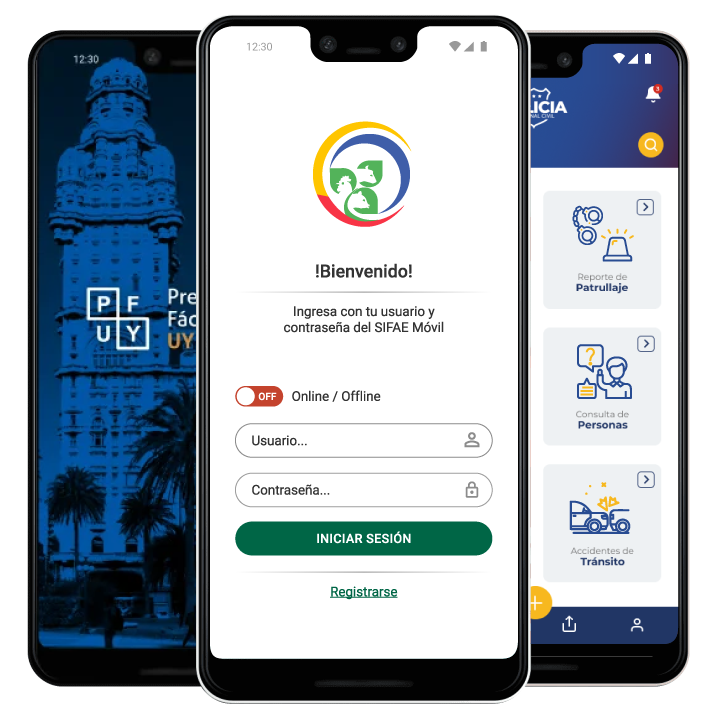
-
-
-
FOCAL regional studyThe purpose of the study was to carry out a regional analysis with the objective of identifying and evaluating the maturity level of the member countries of the Latin American Government Accounting Forum (FOCAL), currently composed of Argentina, Bolivia, Brazil, Chile, Colombia, Costa Rica, Ecuador, El Salvador, Guatemala, Honduras, Mexico, Nicaragua, Panama, Paraguay, Peru, Dominican Republic, Uruguay and Venezuela.Learn more
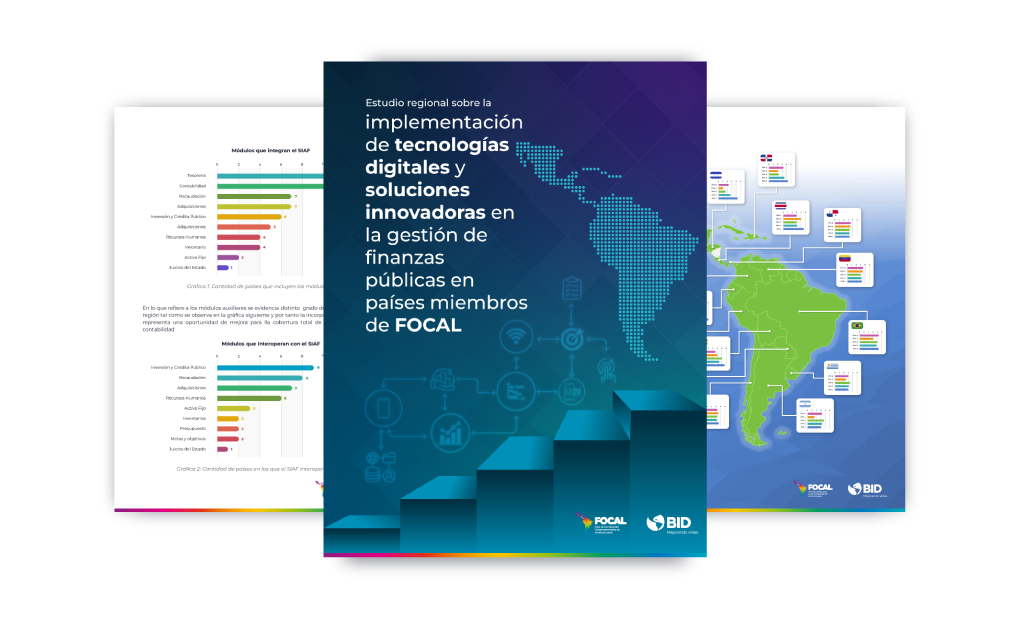
-
-
- AI
-
-
Artificial IntelligenceLearn moreAdvanced Artificial Intelligence (AI) and Big Data solutions that transform the way organizations make decisions and optimize their operations. We specialize in the development of intelligent autonomous agents and generative AI solutions using large language models (LLMs), both on local infrastructure and in the cloud.
-
- Press Room
-
-
Sustainable development
-
-
-
Interviews
 16/06/2025Virtual Threads in Java
16/06/2025Virtual Threads in Java
-
- Innovation
-
-
#GreenSofisMore information
Methodology
#GreenSofisSustainable Digital Transformation Conference
#GreenPath
-
-
-
AI For Everything
It is an initiative by Sofis Solutions, from the Intelligent Solutions Division, that promotes the adoption of artificial intelligence as a key driver of efficiency and effectiveness in the intelligent era.
It integrates both administrative and operational processes, promoting an organizational evolution where technology amplifies knowledge, optimizes decision-making, and generates value in a sustainable and inclusive way.
More information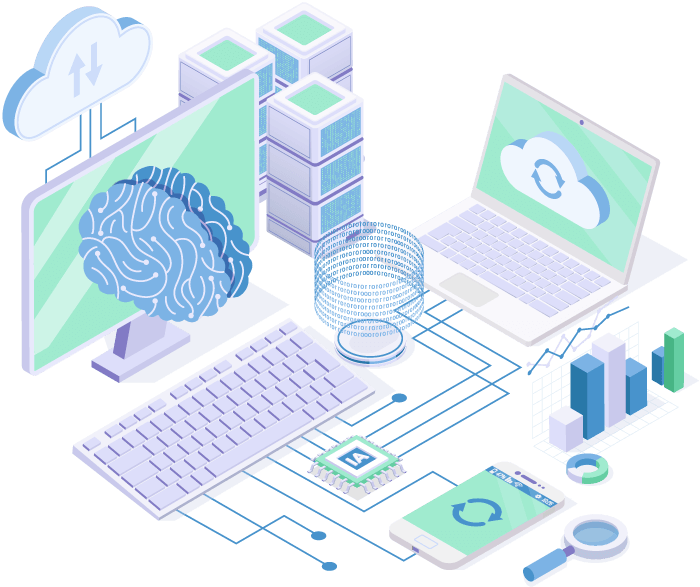
-
- Contact us
- ES PT-PT
-

Transparency and access to public information through the SAIP system.
Montevideo, April 19, 2024.
SAIP contributes to citizen participation, accountability, and transparency in the management of public agencies.
Access to public information is a fundamental right for anyone seeking to obtain information about the management of state funds. This strengthens citizen participation in political affairs and in monitoring state actions, making public management more transparent.
Different countries have made progress in implementing related laws and have also established institutions responsible for guaranteeing the protection of the right to access public information. Digital tools have been created to contribute to accountability and transparency, facilitating the evaluation of government management and performance regarding the allocation and use of public resources, thereby strengthening democratic systems.
One of these countries is Uruguay, which, through Law No. 18,381 of October 17, 2008, created the Public Information Access Unit (UAIP) as a control body that works to promote and raise awareness of the right of individuals to access public information.
Public agencies, whether state or non-state, are required to provide public information upon request by any individual. Access requests can be made through various channels: forms available on each agency's website (Public Information Access Request Form), in person (written request submitted to the agency), via the email address provided on each agency’s website, or through the Public Information Access System (SAIP).
About SAIP
The Public Information Access System (SAIP) is a management system that allows any individual or legal entity to submit public information access requests online to obligated entities (public agencies, whether state or non-state) under the framework of Law No. 18,381.
SAIP centralizes the management and monitoring of access requests submitted to public agencies, thereby contributing to transparency and facilitating the exercise of the right to access public information.
The system has several functionalities, including: monitoring legally established response deadlines, managing the different agencies, units, users, and their roles, enabling the required functions for each case, and sending notifications to agency staff about upcoming, overdue, or pending deadlines 10 or 5 days before the submission of compliance or reserved information reports.
SAIP was designed and developed by Sofis Solutions, and the company is currently responsible for its corrective maintenance and evolution. According to Cecilia Martínez, Services Coordinator at Sofis Solutions: “During the project, the objectives were achieved both technologically and functionally. Improvements were made in request creation, generation of compliance and reserved information reports, interface design, and administrative and management functionalities of the tool.
The improvements were planned and implemented through sprints, with a version released at the end of each sprint. This methodology allowed us to plan work effectively, generating intermediate versions with incremental improvements available for use while continuing to develop new functionalities.
This has been a project successfully executed thanks to the excellent communication and teamwork between the client and Sofis.”
SAIP allows UAIP to obtain indicators such as average response time, gender, age, and origin. For obligated entities, the system enables generating and submitting compliance and reserved information reports required by law, as well as designating, uploading, and updating the data of transparency contacts according to legal requirements.
How is an access request created through SAIP?
- The person accesses https://solicitudes.gub.uy/
- They choose the identification method in ID Uruguay (Gub.uy User, Identity Card with Chip, Digital Identity – Abitab or TuID – Antel) and enter the credentials for the selected method.
- Then, they click the “New Request” button and complete the available form.
- Once the form is completed, the user clicks the “Submit” button.
The agency or executing unit has 20 business days to provide a response. Additionally, the requester can view the status and progress of their request within the system’s cycle. They will also be notified via email when the status of their request changes.
SAIP originated as an initiative of civil society and UAIP and was launched in collaboration with the Agency for Electronic Government and Information Society (AGESIC). It is part of a commitment under the second National Action Plan for Open Government (2014-2016), whose objectives were to promote citizen access to public information, transparency, and accountability in the State. Currently, the system is operational, with an increasing number of public agencies using it.
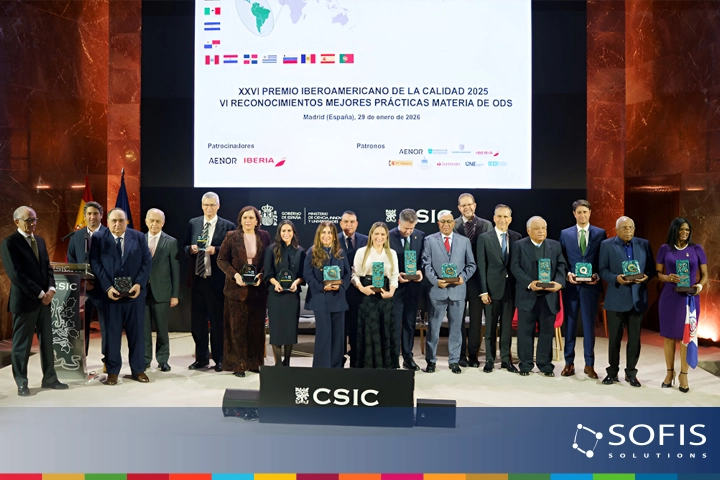
Madrid, January 29, 2026 – Sofis Solutions was honored with the Silver Award at the 2025 Ibero-American Quality Award, the highest recognition for exc......
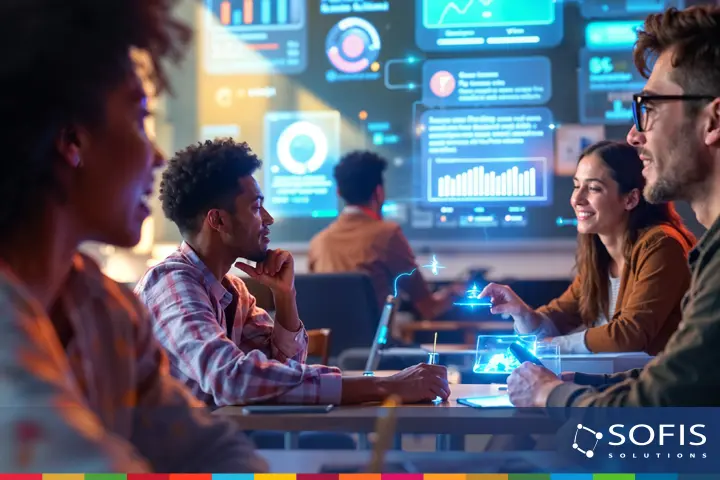
In this interview we talked with the Software Engineering Group of Sofis Solutions, a team that has been actively working on the evolution of its deve...

On November 20th, the pilot edition of Creative Bureaucracy UY 2025 took place at the Sala Verdi, the local precursor to the Creative Bureaucracy Fest...












 Digital Signature
Digital Signature BionA Suite
BionA Suite Biona SIgn
Biona SIgn